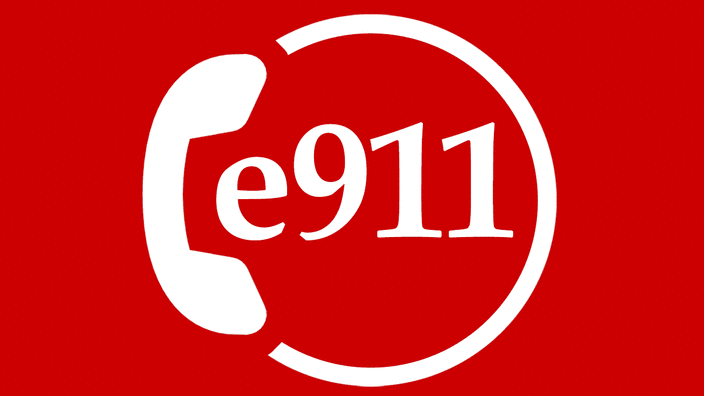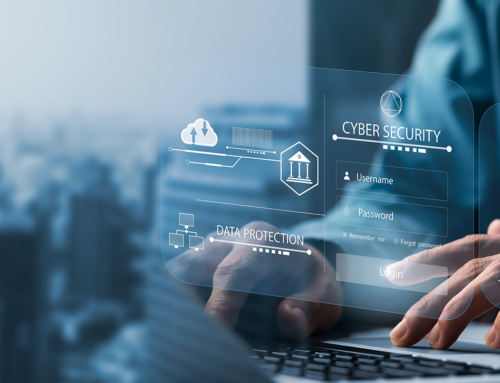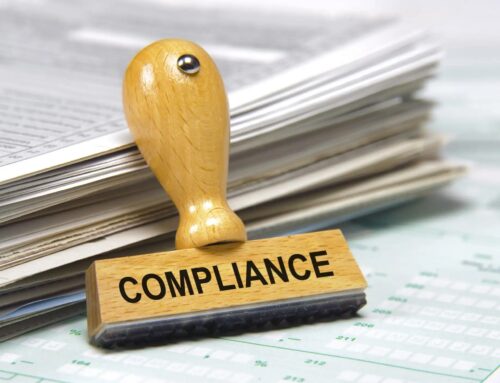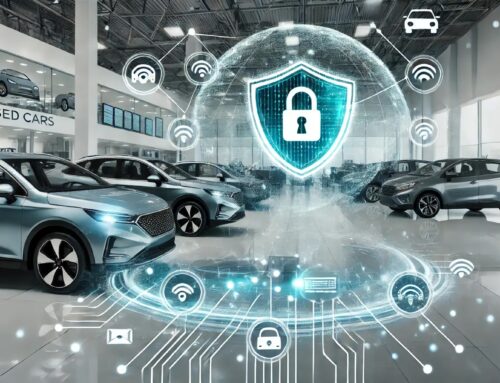Have you heard of Enhanced 911 (E911)? Today, all telephony communications in the United States must comply with E911. Basically, E911 is a system that automatically provides the location of the caller to the 911 dispatcher.
In 2019, the FCC adopted rules to implement Kari’s Law which requires multi-line telephone systems (MLTS) – such as those used by auto dealers – to allow users to dial 911 directly, without first dialing a “9” to reach an outside line. Kari’s Law also requires MLTS to notify a central location at their facility – like the reception desk or security office – when a 911 call is placed from the MLTS.
In addition to the implementation of Kari’s Law another piece of legislation was passed called RAY BAUM’s Act which ensures that a “dispatchable location,” such as a street address, floor level, and specific location of the 911 caller – like an office number – is conveyed when the 911 call is placed.
Here’s the issue, lots of dealers have, or are moving to, VoIP and VoIP has limitations when it comes to complying with E911. These limitations can be overcome if you are smart about how you implement and manage your VoIP system.
With VoIP, a range of numbers are provided to a business and that business might then distribute the use of those numbers across multiple geographic locations. The numbers are then assigned to a device and used anywhere there is an Internet connection.
Basically, with a VoIP system working from a broadband connection, a phone number is simply an IP address. So, with VoIP there is no link between a phone number and a physical location like there is with a traditional landline.
To ensure compliance with E911 requirements when taking advantage of VoIP technology, you need to make sure that you have supplied your Internet Telephony Service Provider (ITSP) or Session Initiation Protocol (SIP) trunk provider with appropriate location information for devices and phone numbers. Keep in mind, this isn’t a once and done task. If things change – location information needs to be updated.
VoIP delivers some great benefits to dealers – like lower costs, simple video conferencing, and service mobility. But FCC regulations require that it be set-up and maintained appropriately.
How your dealership’s IT network is configured and maintained is essential when it comes to E911 compliance. A proper set-up can also help you to avoid a potential catastrophe if there is a need for emergency services at your dealership. If you need help complying, please let us know.








